Flight Safety and the Latest Innovations: What Can We Expect?
Flying has always been one of the fastest and most convenient ways to travel. However, flight safety has always been a critical concern for passengers. Fortunately, technological advancements and constant innovation have made air travel even safer. In this blog post, we will explore some of the latest innovations in flight safety and see what the future holds.
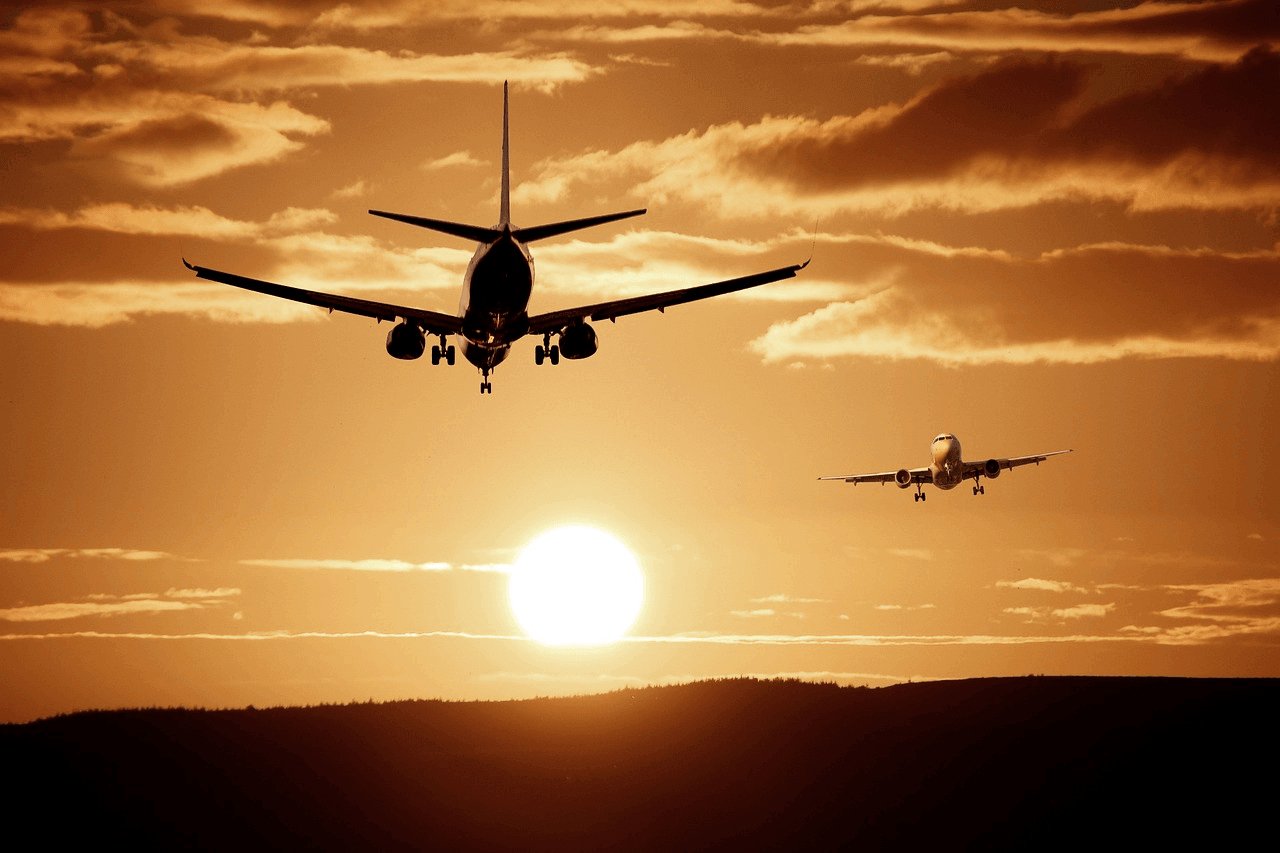
Advanced Monitoring Systems
New advanced monitoring systems in aircraft have been introduced to enhance the passenger experience and safety. These systems are designed to monitor and analyze various aspects of the flight, from the cockpit to the passenger cabin. Utilizing advanced technologies such as sensors, cameras, and data analysis, flight crews can now gain detailed insights into the aircraft's condition and passengers' needs. One of the most impressive advanced monitoring systems is biometric identification technology. With this system, airlines can now identify passengers by their unique biometric features, such as fingerprints or facial recognition. This streamlines the boarding process and makes it more secure and efficient. Furthermore, there are also advanced monitoring systems that track passengers' well-being onboard. Sensors have been integrated into aircraft seats to measure factors like body temperature, heart rate, and movement. This data can assist the flight crew in identifying potential health issues or the need for additional comfort for passengers. Advanced monitoring systems have also proven crucial for flight safety. Airlines use advanced camera technology to monitor the cockpit and passenger area for potential threats or abnormal behavior. This allows the flight crew to respond swiftly in emergencies and ensure passengers' safety.
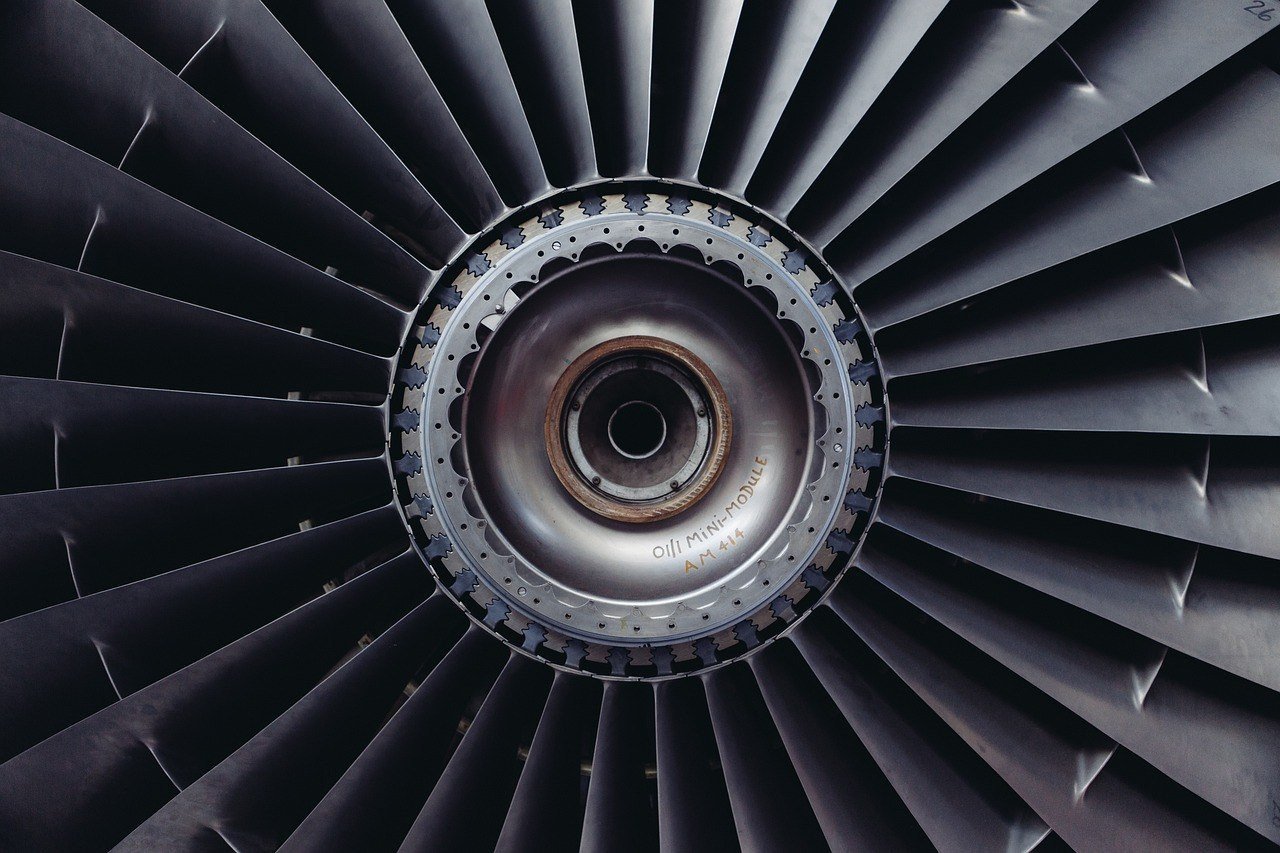
Advanced Communication Systems
In the past, there were limitations on how we could communicate with the outside world while aboard an aircraft. However, thanks to advanced communication systems onboard aircraft, we can now easily and conveniently stay in touch with friends, family, and colleagues. We can chat with our loved ones on social media, send emails, and even make calls—all while soaring through the skies. One of the most exciting advancements is the ability to have internet access during the flight. New satellite technologies and advanced antennas enable us to be online no matter where we are in the world. This incredible technology allows us to stream movies and TV shows, listen to our favorite music, or simply surf the internet while en route to our destination. But it's not just passengers who benefit from these advanced communication systems. Flight crews can also leverage them in many ways. They can use communication systems to update passengers on flight information, provide safety instructions, and even contact the ground in emergency situations. These systems have made the crew more efficient and ensured a better experience for passengers.
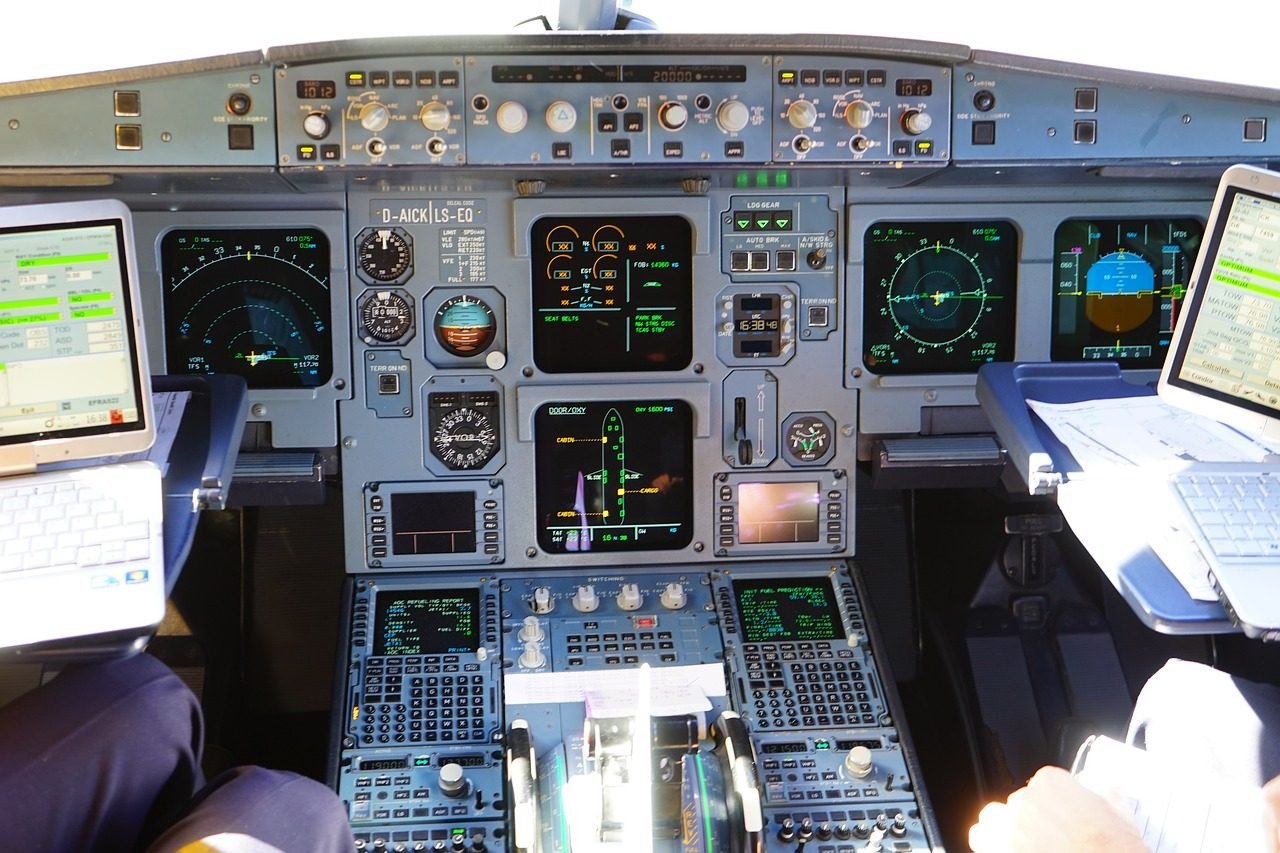
Demand for Biometric Identification
Airlines and airports around the world are seeking ways to make the travel experience safer, more efficient, and more comfortable for passengers. Biometric identification, which uses individual biological traits such as fingerprints, facial recognition, or iris scanning to verify a person's identity, is increasingly seen as the solution. This technology eliminates the need for paper tickets and boarding passes, reduces the potential for identity theft, and speeds up the boarding process, allowing airlines to optimize their operations and enhance customer satisfaction. Additionally, biometric identification is crucial for improving flight safety by ensuring that only authorized individuals gain access to the aircraft. With growing concerns about security and the need to streamline air travel, it's no wonder that the demand for biometric identification on aircraft continues to rise.
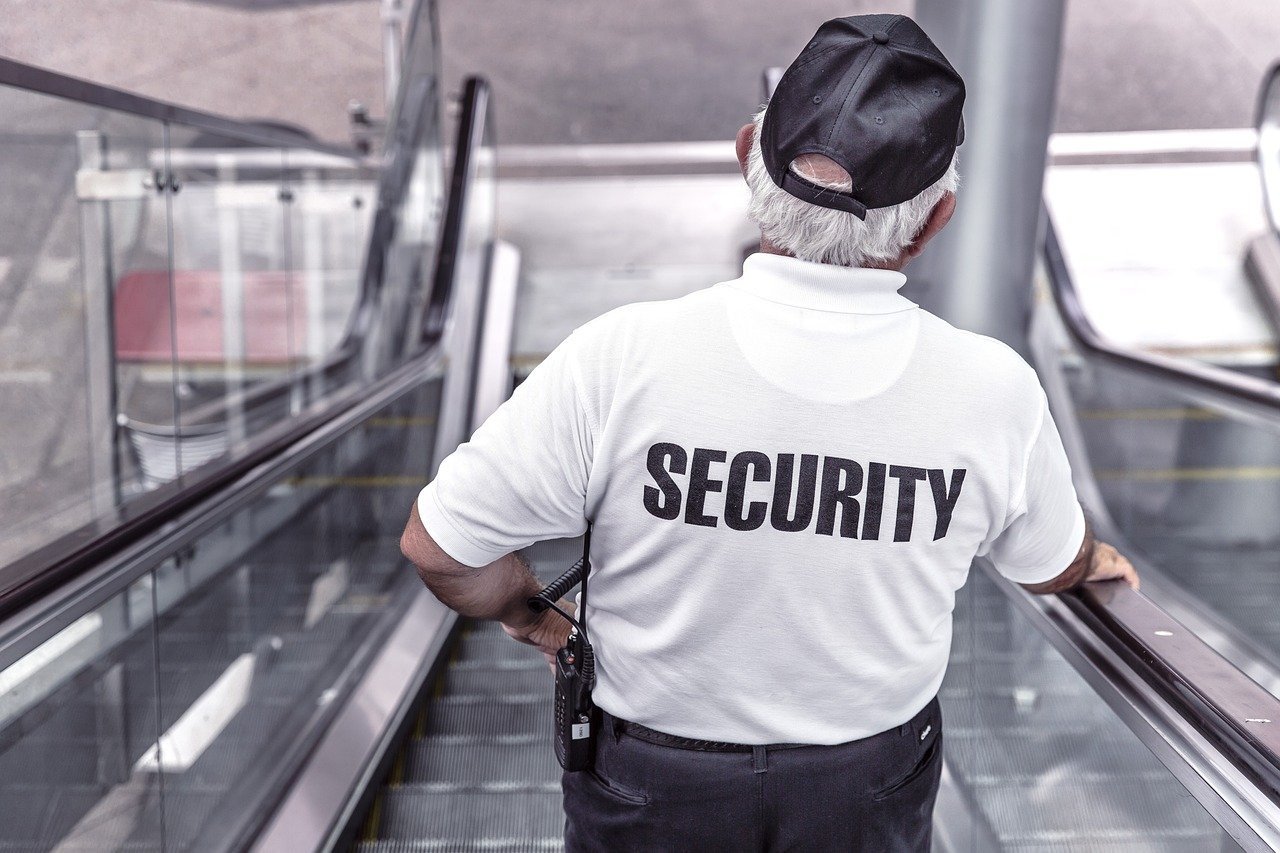
Autonomous Aircraft
Autonomous aircraft represent the cutting edge of aviation technology. These pilotless aircraft use advanced navigation systems and artificial intelligence to control and manage flight without human intervention. Imagine an aircraft that can take off, fly, and land entirely on its own! While this may sound like a futuristic fantasy, the reality is that the technology behind autonomous aircraft is already in development. Different levels of autonomy are currently being tested, ranging from partial autonomy where certain aspects of the flight are controlled by a computer while a pilot is still present to monitor operations, to full autonomy where the entire flight is managed by a computer. This technological innovation has the potential to revolutionize the aviation industry by reducing operating costs, enhancing flight safety, and making air travel more accessible to people worldwide. However, there are still many challenges to overcome, including the development of advanced safety systems, obtaining regulatory approval, and gaining public trust. Nevertheless, autonomous aircraft are undoubtedly an exciting development with the potential to shape the future of aviation.
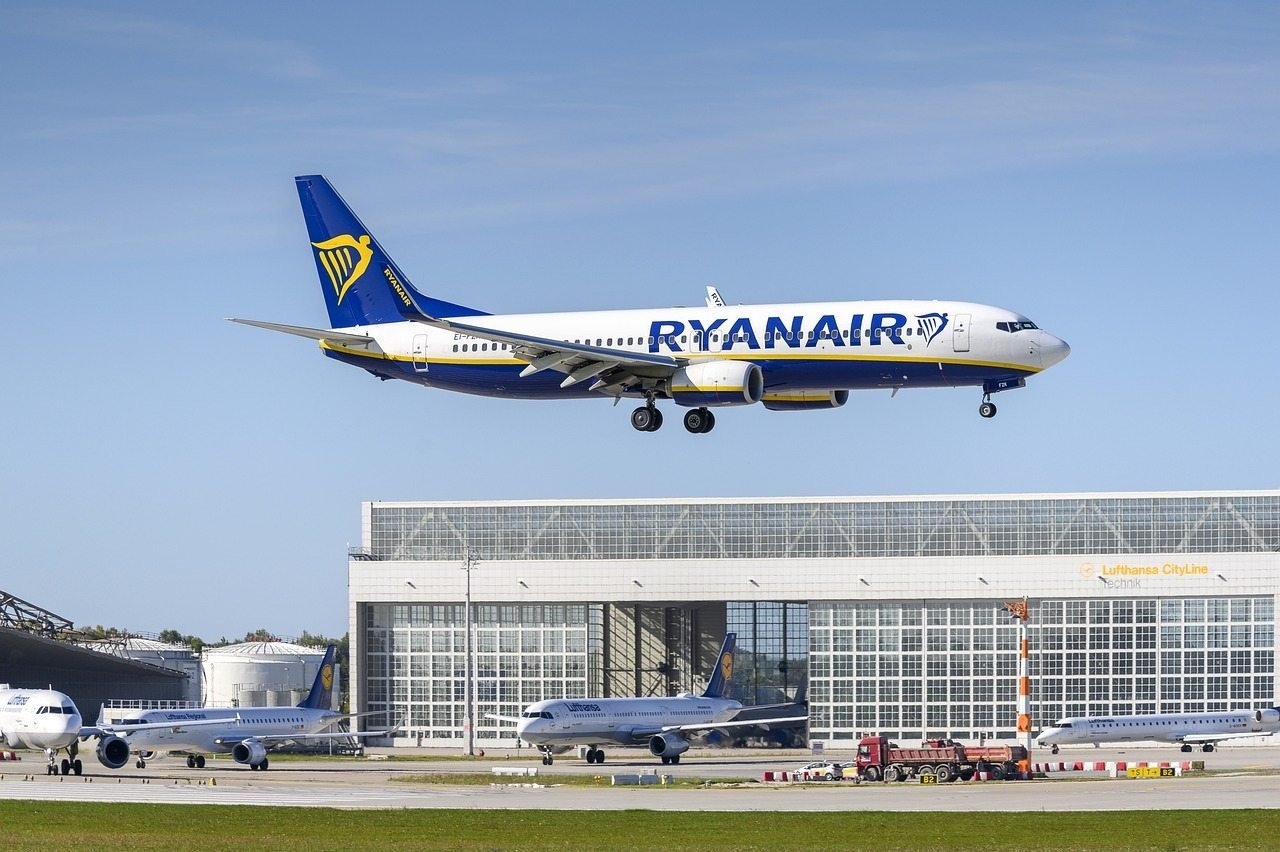
Refundmore - Who Are We?
Refundmore is a international company specializing in assisting air passengers in obtaining compensation in cases of flight cancellations, delays, or overbookings. We were founded in 2013 and have since helped thousands of air passengers get the compensation they are entitled to under the EU's regulation on passenger rights. Refundmore offers a user-friendly platform where delayed air passengers can enter their travel information and have their compensation case assessed. The company has an experienced team of experts who review each case individually and assist passengers in obtaining the compensation they deserve.
Compensation as a Flight Passenger
Obtaining compensation from airlines can be a challenging task for many air passengers. Many airlines find loopholes to avoid compensating passengers, or they may simply drag out the process for an extended period. We have a high success rate in obtaining compensation for our clients and are also prepared to take the case to court if necessary. Remember to have documentation of the delay and information about the ticket type, etc., before applying for flight compensation - Refundmore can assist you every step of the way.



